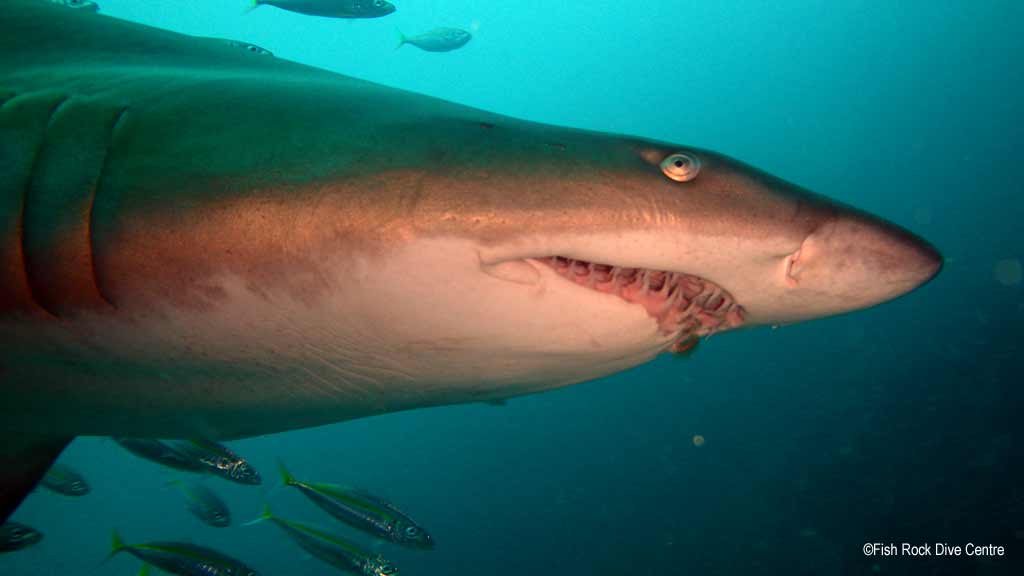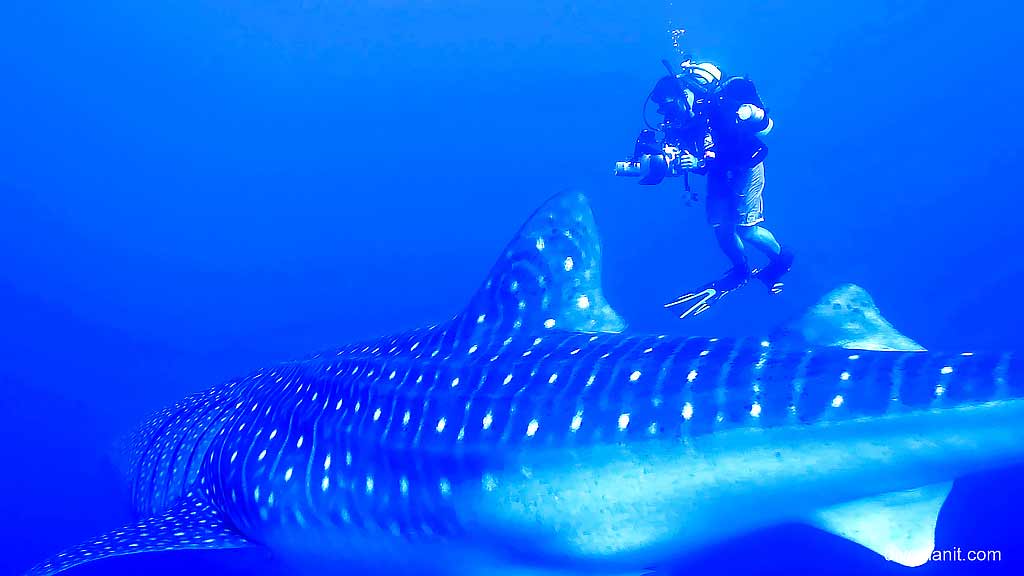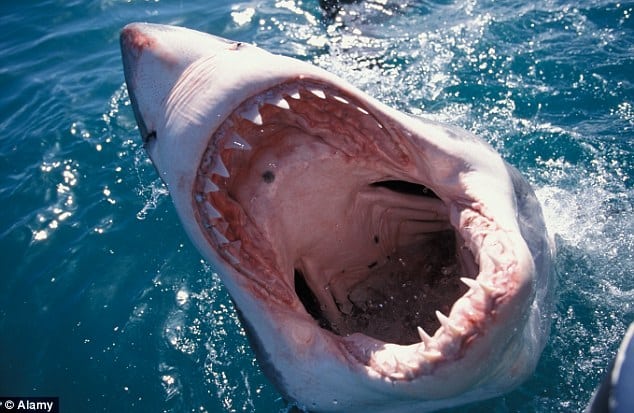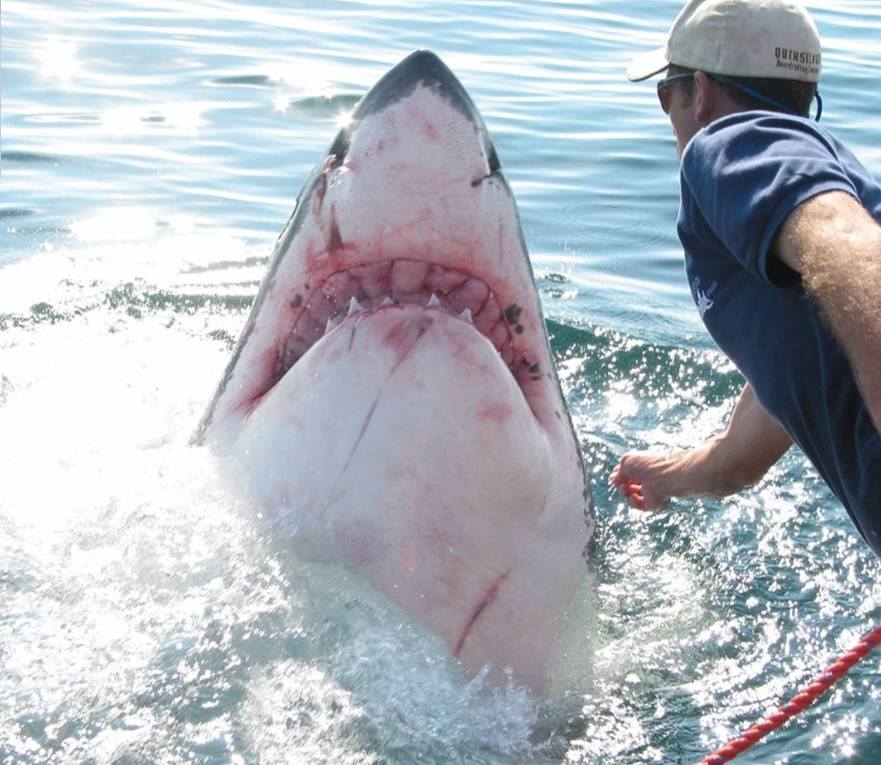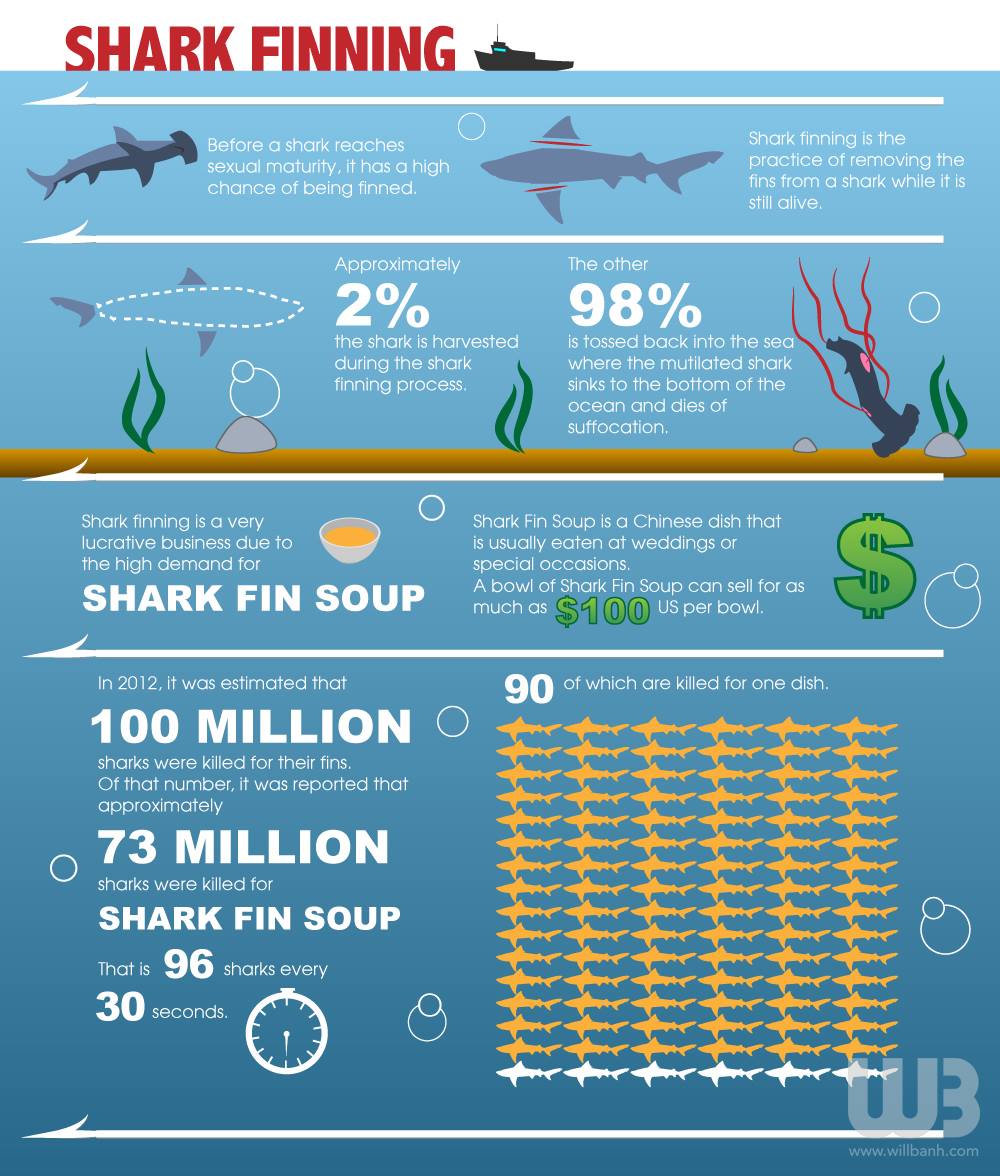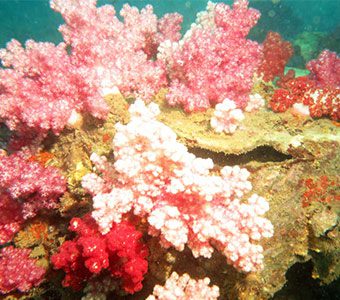Let’s get one thing straight. Most species of sharks are endangered. Some, like harmless, rather goofy looking grey nurse shark, are critically endangered.
We have demonized these creatures, these apex predators, vital for the health of our oceans, almost out of existence. And it’s got to stop now.
So what exactly is that existence?
Worldwide there are over 530* species of sharks, over 1000 species of sharks and rays, and of these, around 180 shak species can be found in Australian waters. Seventy of these are thought to be endemic.
In Australia, unfortunately, most sharks can still be caught legally. In fact we are guilty of an enormous trade in shark fin – something we condemn other countries and international companies for.
This is despite the fact that several species of Australian sharks are listed as endangered.**
Critically endangered species include the grey nurse shark and the spear tooth shark, and vulnerable species include; the whale shark, white shark, dwarfs, freshwater sawfish and green sawfish.
As well as these listed species, Australia has a Memorandum of Understanding, on the conservation of migratory sharks – an MOU signed by 14 countries in 2011.
There are 7 species of shark protected by this MOU, 6 of which occur in Australian waters; white sharks, whale sharks, basking sharks, porbeagle, shortfin makos and longfin makos.
But this is all conveniently forgotten when we see a headline screaming at us about another SHARK ATTACK.
Accompanied by photos like this one:
Ever since Jaws hit our screens back in 1975 we’ve nurtured a disproportionate fear of sharks. The truth behind this image, that tabloids keep regurgitating – is that it is most likely staged.
A little video clip has been doing the rounds on Facebook recently: a guy on a boat stroking the nose of a great white, nudging it every so often so it opens its mouth wide.
The clip is presented with no explanation, and so most comments are about how foolish this guy is. But is has since been revealed, by South African Dive Guide Lalo Saidy, that this shark handler was doing something that used to be done quite frequently for photo shoots.
Lalo has worked with a South African shark diving company as a dive guide and videographer for 10 years.
Handlers pick out a curious shark, what they refer to as a ‘spy hopper’, lure it in with bait and when it raises its head out of the water the bait handler gently pushes its snout away, causing it to areal gape or ‘open mouth’. It was something done frequently by shark experts in South Africa, for film shoots and photo shoots (the practise is no longer allowed).
“It was believed that because of the ampullae of Lorenzini on the sharks snout it was an overload of senses (normally when a shark’s snout touches something it is supposed to bite down therefore the open mouth result) or might even be a tickling sensation. Some sharks like it and return for open mouth after open mouth and others simply swim away.”
But enough about bad media coverage. These are the things we SHOULD be writing about sharks:
- For every one shark-related human fatality, there are 17 million shark fatalities.
- In 2014, worldwide, 6 people were killed by sharks and 100 million sharks were killed by humans.***
So it’s time to turn things around.
Time for more responsible reportage about sharks; time to bust a few myths like the oft-quoted concept of a “rogue shark”, and the realities of shark nets.
And in fact – the media tide is starting to turn. Already this week I’ve read several well-balanced stories about sharks, and even a segment on Sunrise TV.
Here are a few GREAT READS!
- The Guardian: Great White Sharks 10 myths debunked
- Al Jazeera: Shark Sightings Raise Alarm on Aussie Beach
- New York Times: The Great White Shark’s Image Problem
This week (to celebrate #sharkweek) we’ll be running a series of blog posts about sharks. Just the facts; about shark behavior, and the best way to stay safe in shark territory.
Stay tuned…
- * Source World Wildlife Fund
- ** Source: Environment Protection and Biodiversity Conservation Act 1999
- *** Source: United Nations, Food and Agriculture Organisation 2014

